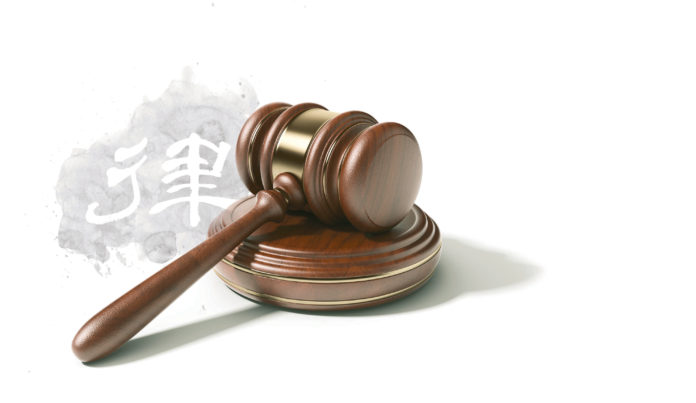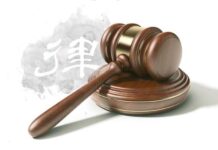THE PAST THIRTY YEARS OR SO has seen a trend towards an increase in the size and sophistication of legal departments within large companies. This trend is due in part to the need to manage legal costs, which can be very costly if all legal services are obtained from external law firms. It is also due to the expansion in the role of corporate counsel and the increasingly diverse and important roles that they leperform within a company.
This trend has occurred both in China and in other countries. According to reports, by May 2018, over 1,000 state-owned companies in China had employed corporate counsel and the total number of corporate counsel exceeded 4,600 persons.
This article considers the role of corporate counsel, the way in which corporate counsel are regulated and some of the ethical challenges that corporate counsel face. These issues are considered by reference to the position in common law jurisdictions and the position in mainland China.
THE ROLE OF CORPORATE COUNSEL
Corporate counsel perform a wide range of roles, which can vary depending on both the company at which they are employed and also the type of work they are required to do for the company. In some cases, corporate counsel perform the traditional role of providing legal and compliance advice in response to specific instructions from their business colleagues. In other cases, they are involved in business strategy and structuring and are part of the decision-making process. In the latter situation, the role of corporate counsel extends beyond their traditional one as a legal adviser to the role of a trusted adviser who is intimately and influentially involved in the decisions a company makes.
Corporate counsel – often known as “risk counsel” – also perform a very important role in the large, international law firms and handle a broad range of issues, including legal compliance, professional indemnity claims and conflicts clearance and management (for a discussion about conflicts clearance and management, see China Business Law Journal volume 1 issue 4: Cases, matters and conflicts of interest).
Many terms have been used to describe the role of corporate counsel. These include “gatekeeper” or “watchdog”; namely, somebody who is responsible to ensure that the company makes decisions that are in accordance with the legal and regulatory requirements and who monitors compliance with those requirements. Other terms that have been used to describe corporate counsel include business partners, problem-solvers and deal-fixers.
Determining the scope of the role of corporate counsel is complicated by the fact that in many cases they have concurrent roles and wear different hats. For example, a corporate counsel might concurrently act as the company secretary or as a director of a subsidiary of the company.
The role of corporate counsel and its scope may also be affected by seniority. For example, a junior lawyer is likely to be further removed from the decision-making process than a general counsel.
In mainland China, rules governing both public lawyers and corporate lawyers were issued by the Ministry of Justice and came into effect on 1 January 2019: the Administrative Measures for Public Lawyers and the Administrative Measures for Corporate Counsel. Public lawyers are defined as public officials who undertake legal affairs work for party or government bodies, or people’s organizations. Corporate counsel are defined as personnel who undertake legal affairs work for state-owned enterprises with which they have signed an employment contract.
You must be a
subscribersubscribersubscribersubscriber
to read this content, please
subscribesubscribesubscribesubscribe
today.
For group subscribers, please click here to access.
Interested in group subscription? Please contact us.
你需要登录去解锁本文内容。欢迎注册账号。如果想阅读月刊所有文章,欢迎成为我们的订阅会员成为我们的订阅会员。

Andrew Godwin
A former partner of Linklaters Shanghai, Andrew Godwin teaches law at Melbourne Law School in Australia, where he is an associate director of its Asian Law Centre. Andrew’s new book is a compilation of China Business Law Journal’s popular Lexicon series, entitled China Lexicon: Defining and translating legal terms. The book is published by Vantage Asia and available at beta2.law.asia.



























